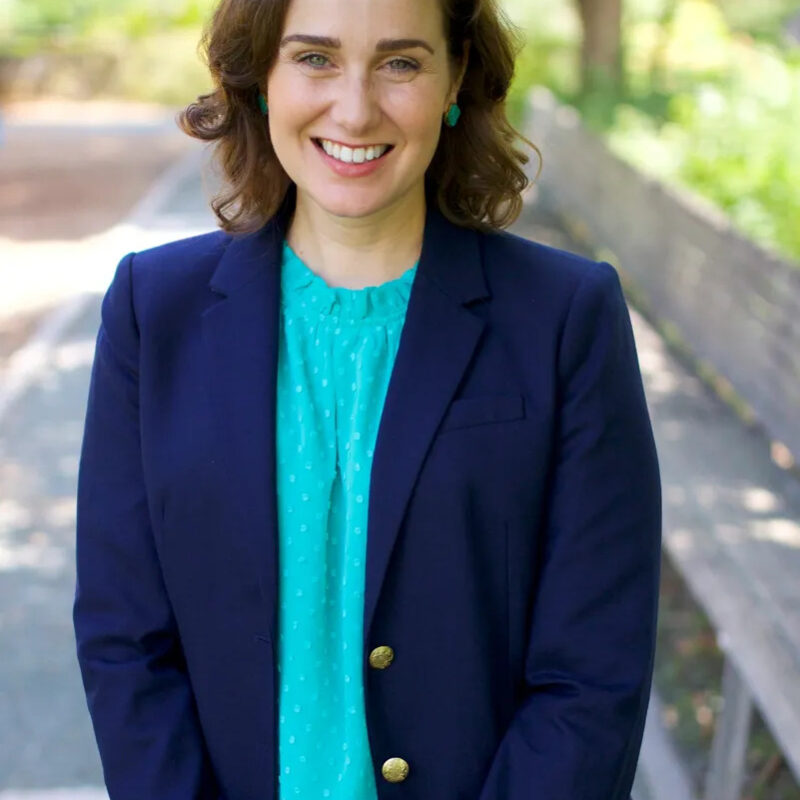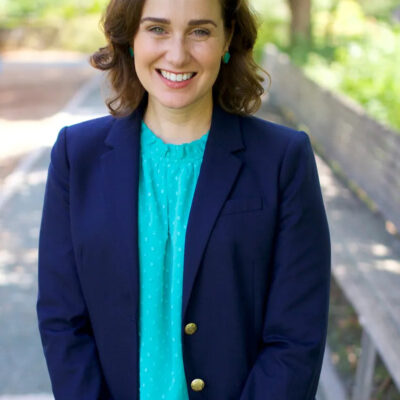“Both nationally and at UVA we are faced with high-volume, high-risk, and very serious illnesses,” Dr. Russ Federman said of campus counseling centers at a recent Senate committee hearing on campus safety.
Following the Virginia Tech massacre, Federman has the ear of federal legislators under pressure to find fixes to prevent mentally ill students from becoming violent.
Federman told the committee there’s been a “sea change” in campus counseling. As more students with pre-existing conditions enter colleges, “the traditional university counseling center has become a university community mental health center.”
Campus clinicians are doling out more prescriptions, too. “We use psychotropic drugs more aggressively to treat functional consequences as they relate to academics,” Federman says. Apparently, this allows for symptom relief for greater numbers of students. These drugs include anti-depressants like Prozac, Zoloft or Paxil, antianxiety meds like Xanax or antipsychotic medications like Thorazine.
But, campus mental health funding hasn’t kept up with increasing student enrollment.
Ten years ago, universities nationwide had, on average, one clinical staff member per 1,598 students. In 2006, that ratio had lessened to one per 1,697 students.
We are not getting ahead of the curve; if anything, we are sliding behind,” Federman said.
Though UVA’s mental health programs are well-funded compared to other schools, staff at UVA’s counseling and psychological services (CAPS) are still strapped for time and resources.
According to 2005-06’s annual data, demand for services is so high that it’s very difficult for students to get an appointment by two thirds of the way through the semester.
Currently, funding for CAPS comes solely from student fees, which are paid along with students’ tuition and fund a wide variety of programs. To raise student fees requires approval from the Board of Visitors, and heightened fees only add to high college tuition payments. Student health fees are currently $359 per student per academic year.
In May, UVA hired a development officer to build a development division for the office of student affairs. Allen Groves will raise funds for all areas of student activities. Groves says, over e-mail, “The key services provided by CAPS are fully funded through the University.” But Groves’ job will be to obtain “donor support for certain initiatives that require private funding in whole or in part.”
But, donor funds are more likely to go to specific training or research than general funding that would give counselors more time to spend with students.
Like most universities, UVA can only deal with students on a short-term, crisis-management basis. Longer therapies require treatment with a private counselor.
While students at UVA can typically afford treatment with one of many counselors available in the Charlottesville community, not all schools are in the same situation.
Federman called for an increase in federal funding for the Campus Suicide Prevention Program, a $5 million program that is part of the Substance Abuse and Mental Health Services Administration. He also called for new funding for student outreach, education and prevention.
Could the government soon act to make sure all students have ample access to ongoing mental health treatment? It certainly seems like the timing is right.





